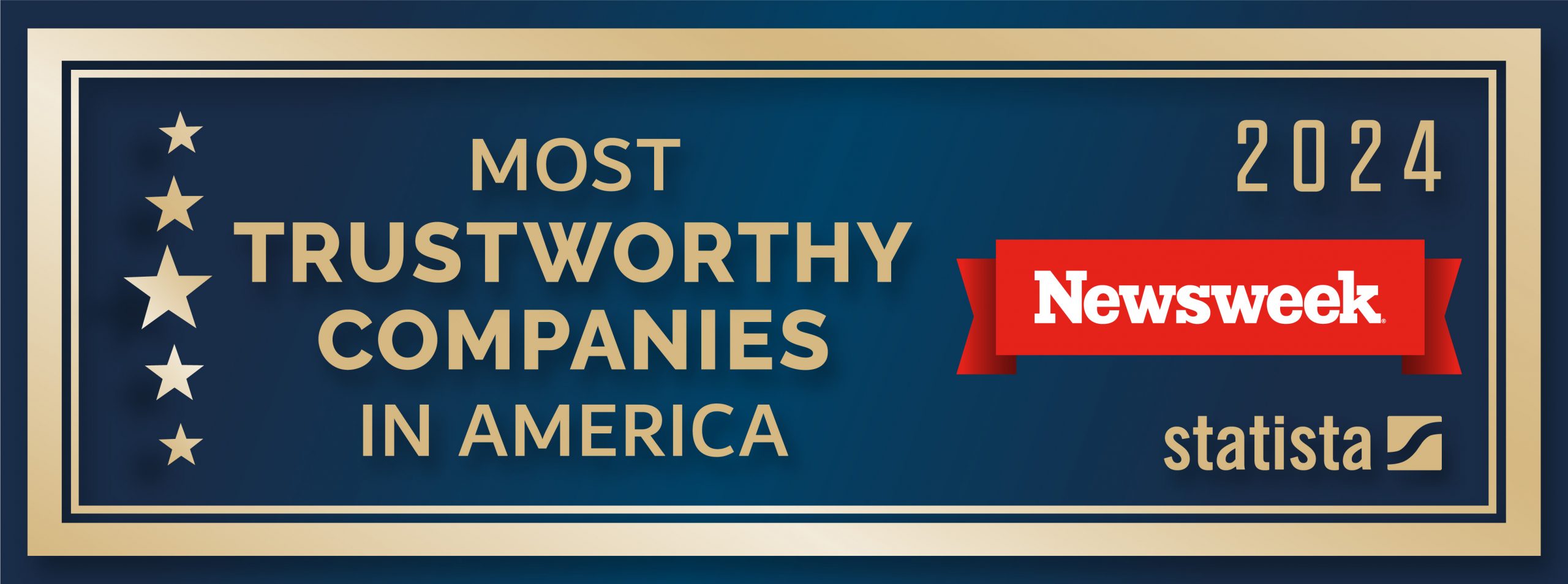Funeral, Final-Expense Coverage Thrives as Market for Seniors

Amid the U.S. economic downturn, middle-income senior citizens and lower-income Americans nearing retirement can turn to life insurers who sell basic coverage policies for funeral and other final expenses.
Homesteaders Life and Forethought Life Insurance Co. are the leaders in the pre-need market, where policies are sold mostly through funeral homes, and primarily written as a single-premium contract, said Thomas Rosendale, assistant vice president of Life/Health at A.M. Best Co.
Final expense policies aren’t linked to a prearranged funeral and generally are written as an annual premium whole life contract sold through full-time insurance agents, Rosendale said.
Both products “typically appeal to the lower, and to a lesser extent, middle-income markets, and buyers generally are older than for other life insurance products,” Rosendale said.
The decision to prearrange a funeral service “tends to be based on recent death of a friend or family member, which raises awareness of one’s own mortality,” and “a desire to relieve the burden for survivors who will be charged with making arrangements,” among other factors, said Stephen R. Lang, chief operating officer of Homesteaders Life Co., in an email.
Homesteaders is now one of the top two pre-need companies, as measured by pre-need premium income, operating in this market, according to BestLink, which provides online access to A.M. Best’s database of insurance information.
The pre-need life insurance market segment presents some unique challenges because the single-premium product that frequently represents about two-thirds of the business sold by such companies is not always profitable after the early years of the policy, BestLink said. Homesteaders adjusted pricing to improve profitability of the single premium business over the long term.
Forethought is in both pre-need and final expense, with pre-need being its dominant market. Baby boomers are just now moving into the prime pre-need buying ages, and “we expect this wave of consumers to have a very positive impact on market size,” according to David de Gorter, president of Forethought Financial Services.
Buyers of pre-need are generally middle-market retirees who want “to save their loved ones from the emotional and financial burden of arranging and paying for their funerals,” de Gorter said in an email. Final expense is intended to cover many nonspecified final expenses, such as funeral and cemetery but also medical bills, for example, de Gorter said. Forethought has 1.1 million policyholders, and 12,000 own a final expense policy.
The pre-need market is mixed, according to Jeffrey Shaw, executive director of the Life Insurers Council, sister organization to LOMA. While premium decreased 2% in 2010 from 2009, face amount grew 8%. The 11 companies participating in the council’s survey reported 2010 sales of more than $1 billion in premium and $1.5 billion in face amount, Shaw said in an email. The average age for single-pay products was 75.
Historically, Forethought’s niche pre-need business is its most profitable block of business, and more than two-thirds of pre-need policies are single premium, which allows for strong asset/liability matching and high persistency, according to BestLink. However, the company faces a persistently low interest rate environment and slower growth from its pre-need life business.
Homesteaders’ policies are distributed through licensed agents working with nearly 4,000 funeral homes across the United States. The company doesn’t market directly to consumers, and estimates that about 70% of all pre-funded funeral contracts are “walk-in” business, or sold to people who walk into a funeral home, Lang said.
Final expense policies generally are geared to lower-income Americans who can’t afford other types of life insurance because of their age or health status and want an affordable policy to at least ensure their funeral and related expenses are taken care of.
In 2010, the average face amounts for final expense ranged from a low of less than $8,000 to a high of more than $11,000, and the average issue age ranged from 50 to 67, Shaw said.
People who buy final -expense products are younger, who “either don’t want to arrange their funerals but want to put money toward their final expenses, or they don’t have the means to pay for a funeral and want to make sure they have something rather than nothing if the worst should happen,” de Gorter said.
There’s several other companies in final expense, Rosendale said. Some include Colonial Penn Life Insurance; Lincoln Heritage Life Insurance Co.; Columbian Mutual Life Insurance Co. and Old American Insurance Co., a unit of of Kansas City Life Insurance.
Colonial Penn, a unit of CNO Financial, known for television advertising of its guaranteed acceptance life insurance, declined to comment.
Guaranteed acceptance is attractive to older people because they can’t be denied coverage. There’s no medical exam or health questions but the policy nearly always has a limited benefit period, meaning it won’t pay out if the insured dies within a specified time of buying, usually the first two to three years.
Most pre-need-related funeral insurance generally has some field underwriting that includes a few health questions, Lang said. If a proposed insured answers “yes” to one or more questions, they will receive more limited coverage, Lang said.
Homesteaders Life and Forethought Life each currently have a Best’s Financial Strength Rating of A- (Excellent).



